Understanding Lash Curl Types
Understanding Lash Curl Types: A Guide for Lash Artists
When it comes to lash extensions, it’s not just about the style! Choosing the right curl is just as important as selecting the length or thickness. Lash curl types are the foundation of your lash styling — they shape the overall look, define the lift, and help correct or enhance a client’s natural eye shape.
From subtle enhancements to bold, dramatic lifts, understanding lash curl types enables you to create truly customised sets that flatter your client and boost your retention rate.
A lash artist without curl knowledge is like a hairdresser without scissors — you can’t sculpt beautiful lashes without it.
What Are Lash Curl Types?
Lash curl types are defined by the angle at which the extension lifts from the base, essentially, how much the lash is bent. The tighter the curl, the more lifted or curled the lash will appear when applied.
Here’s a list of the most common lash curl types from least to most curved, including advanced and specialty curls:
🔹 A Curl (The straightest curl)
Slight lift, almost flat
Best for male lash sets or clients wanting zero drama
Rarely used in beauty styling
Good for inner corners or creating a “mascara-only” look
Bend degree: ~10°
🔹 J Curl
Soft, gentle curve, mimics a natural lash
Great for a subtle enhancement or mature clients
Not ideal for downward-facing lashes
Bend degree: ~30°
🔹 B Curl
Slightly more curl than J, still natural-looking
Great for inner corners, bottom lashes, and subtle lifts
Bend degree: ~45°
🔹 C Curl (One of the most popular)
Moderate curl that gives noticeable lift
Works on most eye shapes
Blends well with slightly curled natural lashes
Bend degree: ~60°
🔹 CC Curl
Hybrid between C and D
Offers more lift than C without being too dramatic
Great for clients who want more drama than C, but not quite D
Bend degree: ~70°
🔹 D Curl
Deep curl for a dramatic, wide-eyed look
Ideal for doll eye and open-eye styles
Great for lifting downturned or hooded eyes
Bend degree: ~75–80°
🔹 U Curl (Very dramatic and rare)
Extreme curvature resembling a “U” shape
Not suitable for most clients — used only for special effects or theatrical sets
Difficult to work with and may have poor retention if natural lashes don’t support it
Bend degree: ~90° or more
🔹 L Curl
Flat base with a sharp lift — excellent for monolids, hooded eyes, or downward lashes
Creates a bold lifted look even when natural lashes are super straight
Great for giving the illusion of liner
Bend degree: ~80°, sharp transition
🔹 L+ Curl
Similar to L curl, but with a slightly softer bend between the base and the lift
Easier to blend with other curls like CC or D
Great for creating fox-eye or cat-eye effects
Bend degree: ~80°, smoother transition
🔹 M Curl (Modern hybrid)
Flat base with a smoother transition than L or L+
Provides extreme lift while maintaining a natural lash direction
Popular in lifted liner looks and mapping cat-eye styles
Bend degree: ~80° with upward sweep
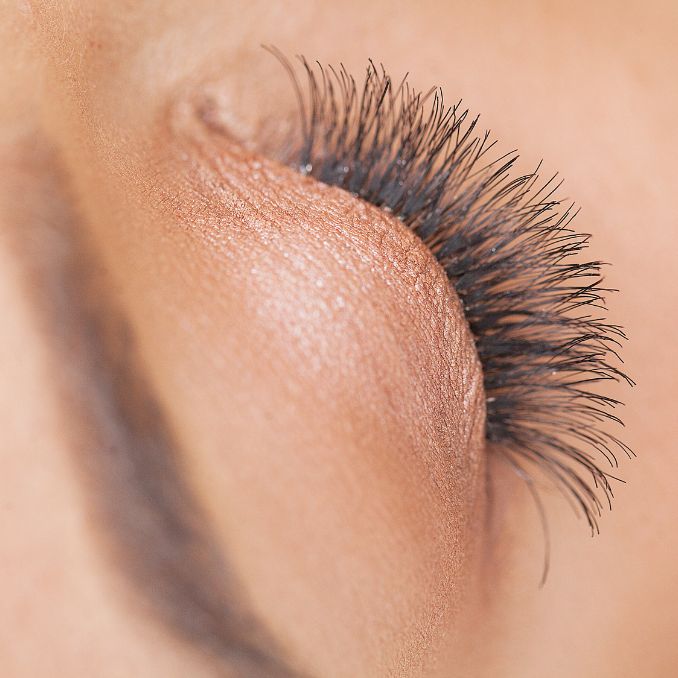
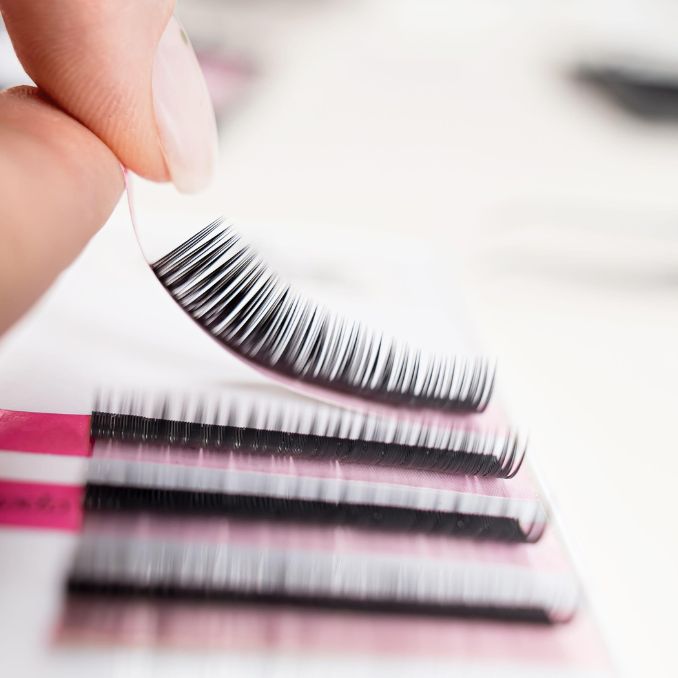
Why Lash Curl Types Matter in Style Selection
Retention:
Choosing the wrong curl (e.g., too curly for straight lashes) can cause poor bonding or early fall-out.
Design:
Curl affects how “lifted” or “flat” the lash set appears — especially important for hooded, downturned, or monolid eyes.
Mixing curls:
In styles like Hybrid or Volume, you can use multiple curls in one set to create texture and shape (e.g., C in inner corners, D in the centre, L+ on outer corners).
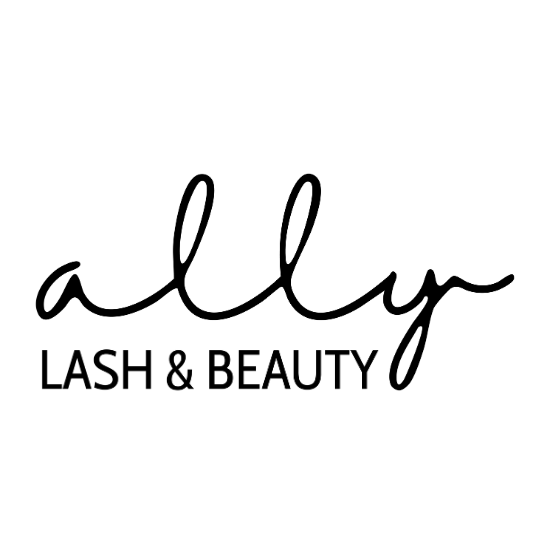
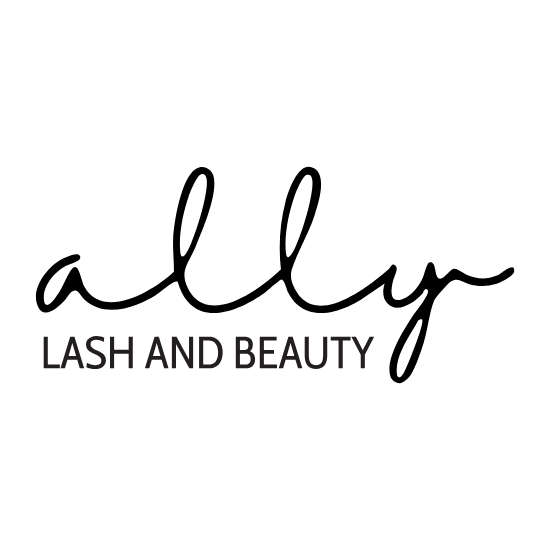
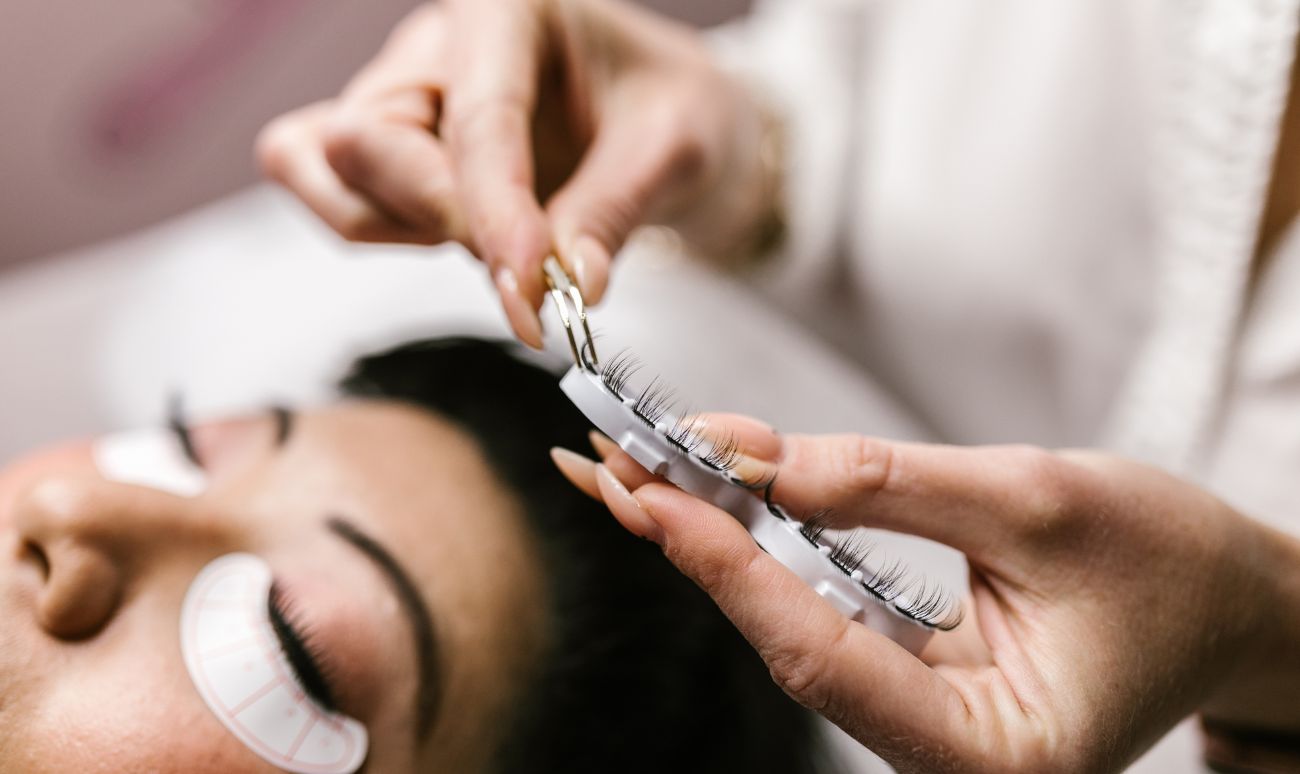
Tri H
Wow, this breakdown of lash curl types is incredibly thorough and useful! From the almost-flat A curl for a natural look, to L+ and M curls for dramatic liner and cat-eye effects, it covers everything. The tips on choosing the right curl for hooded, monolid, or downturned eyes really highlight why matching curl to eye shape is so important. If you’re ready to experiment with different curls and need high-quality extensions and tools, be sure to check out the full range at Eyelashes World (eyelashesworld.com) —they’ve got all the pro-level lashes and supplies you need for flawless styling!